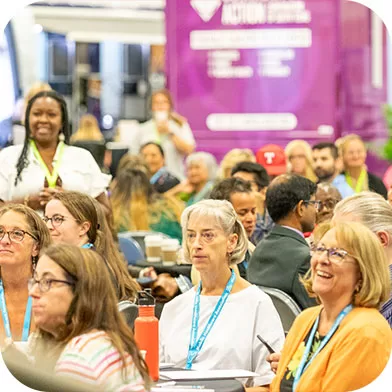Mobile Care and Outreach: Bridging the Gap for the Unhoused

This panel will explore how three different mobile programs provide “street medicine” to the unhoused, focusing on effective strategies and outcomes that mobile clinics use to optimize follow-up care in populations without stable housing. We will discuss types of organizations useful to partner with, gaining insight into the barriers clients face in obtaining provider appointments, which often result in increased emergency department visits. Lessons learned and best practices for operating a mobile medical clinic to effectively address the needs of accessing primary care and behavioral health will be highlighted. Additionally, we will examine methods to measure outcomes, such as decreased 911 calls and emergency department visits, and successful appointment attendance or scheduling. These crucial aspects of mobile care and outreach will be discussed, aiming to bridge gaps and improve health outcomes for the unhoused. Learning Objectives Understanding Unique Challenges: We will explore the specific difficulties faced by populations experiencing homelessness and those without access to traditional healthcare services. Core Principles of Street Medicine: Emphasizing patient-centered care and trust-building, we will highlight how street medicine adapts to meet the needs of vulnerable communities on their terms. Logistics and Best Practices: Practical guidance will be shared on operating a mobile medical clinic effectively, addressing critical health needs in real-time and fostering sustainable impact. Participants will learn strategies to create impactful programs and partnerships
Anthony Vavasis, MD, Primary Care Provider, New York Hotel Trades Council Employee Benefit Funds; Jason Larsen, Executive Director, St. Clare Health Mission; Lisa Rose, Manager, Mobile Health, Texas Health Resources; Jessica Quintal Alvarez, Certified Medical Assistant-NCCT, Providence Health System